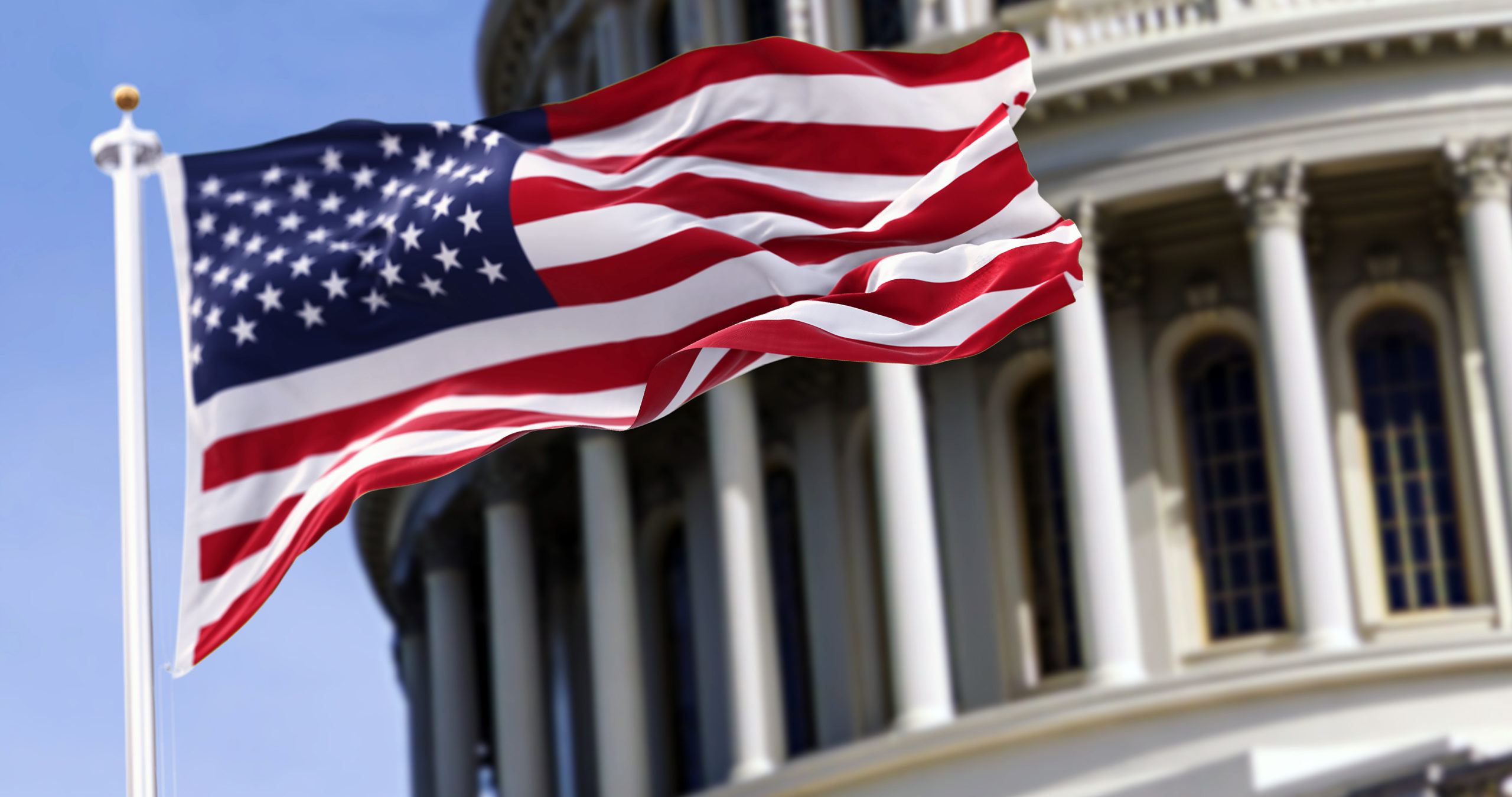Guest Column: Congress Might Double-Cross Small Businesses In 2022
Assault on large digital platforms would jeopardize tools and products that empower small businesses …
by ROB RETZLAFF || The past two years have been hell for small businesses in South Carolina and arou
